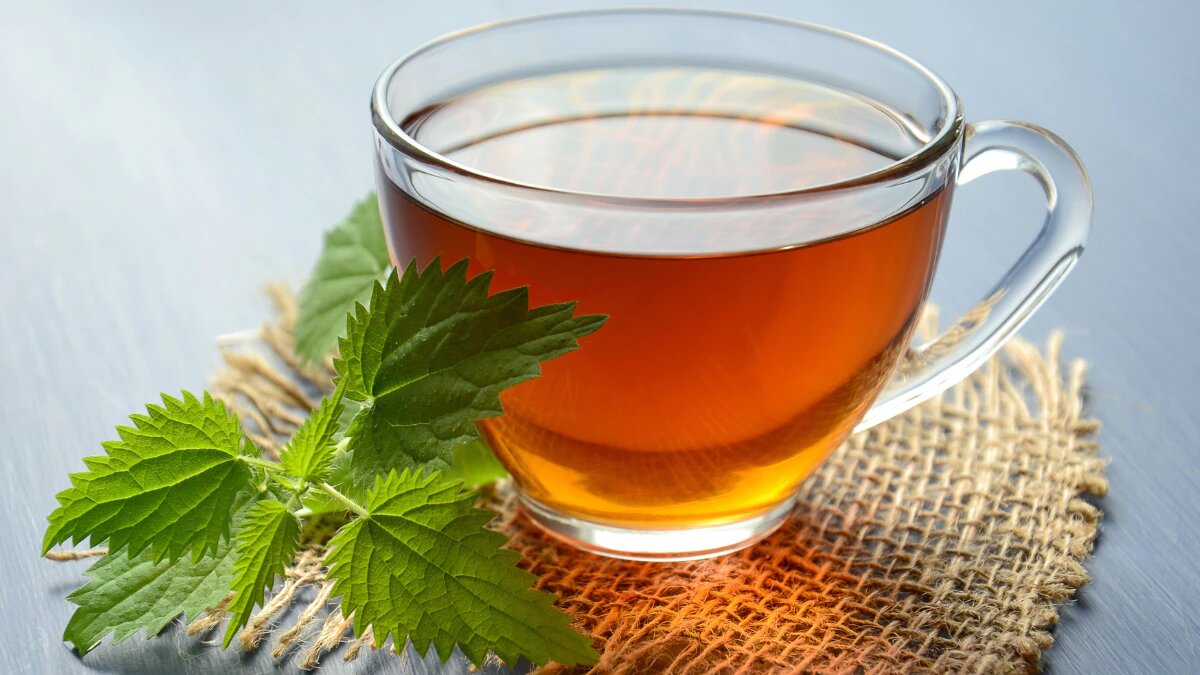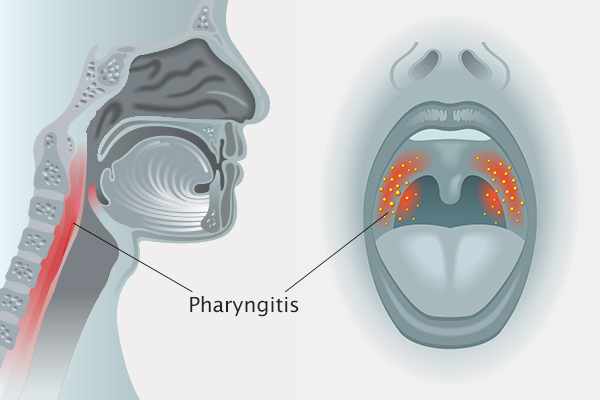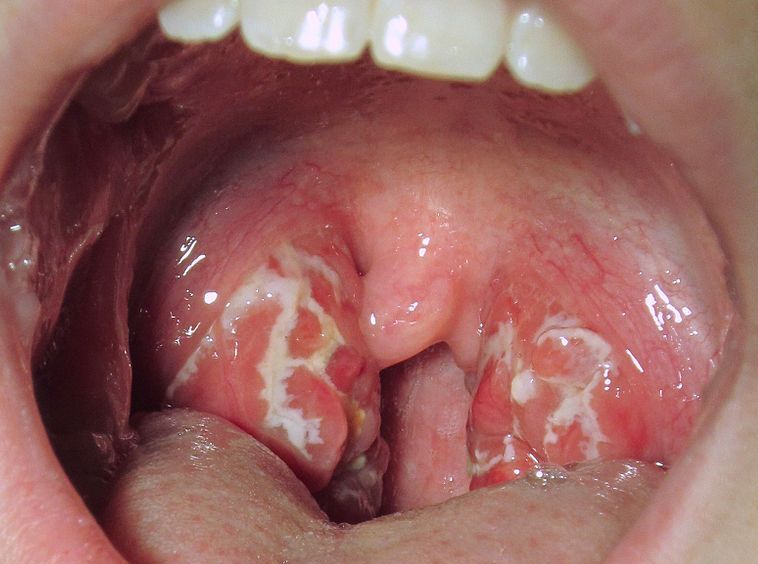Acute epiglottitis, Spasmodic dysphonia, Reflux laryngitis, Chronic allergic laryngitis, Neoplasm, Croup.
Root Cause of Disease
Risk factors for laryngitis include Having a respiratory infection, such as a cold, bronchitis or sinusitis. Exposure to irritating substances, such as cigarette smoke, excessive alcohol intake, stomach acid or workplace chemicals. Overusing your voice, by speaking too much, speaking too loudly, shouting, or singing.
Symptoms
The most common symptoms of laryngitis include:
- Weakened voice
- Loss of voice
- Hoarse, dry throat
- Constant tickling or minor throat irritation
- Dry cough
These symptoms are usually mild and can be treated by giving your voice a break. Drinking water or other non caffeinated fluids can help lubricate your throat.
Causes
Acute laryngitis
Most cases of laryngitis are temporary and improve after the underlying cause gets better. Causes of acute laryngitis include:
- Viral infections like those that cause a cold.
- Vocal strain, caused by yelling or overusing your voice.
- Bacterial infections, although these are less common.
- Chronic laryngitis
Laryngitis that lasts longer than three weeks is known as chronic laryngitis. This type of laryngitis is generally caused by exposure to irritants over time. Chronic laryngitis can cause vocal cord strain and injuries or growths on the vocal cords (polyps or nodules). Chronic laryngitis can be caused by:
- Inhaled irritants, such as chemical fumes, allergens, or smoke
- Acid reflux, also called gastroesophageal reflux disease (GERD)
- Chronic sinusitis
- Excessive alcohol use
- Habitual overuse of your voice (such as in singers or cheerleaders)
- Smoking
- Less common causes of chronic laryngitis include:
- Bacterial or fungal infections
- Infections with certain parasites
Other causes of chronic hoarseness include:
- Cancer
- Vocal cord paralysis, which can result from nerve injury due to surgery, injury to the chest or neck, cancer, nerve disorders, or other health conditions.
- Bowing of the vocal cords.
Home Remedies to treat Laryngitis
Remedy – 1: Chamomile
Materials: Chamomile

Chamomile is one of the most ancient medicinal herbs known to mankind. It is a member of Asteraceae/Compositae family and represented by two common varieties. The dried flowers of chamomile contain many terpenoids and flavonoids contributing to its medicinal properties. Chamomile preparations are commonly used for many human ailments such as hay fever, inflammation, muscle spasms, menstrual disorders, insomnia, ulcers, wounds, gastrointestinal disorders, rheumatic pain, and hemorrhoids.
Procedure:
- Add dried chamomile to your infuser or place a tea bag in your cup.If you’re using an infuser, use about a tablespoon of dried chamomile.
- Heat your water.Use a tea kettle or pot to heat water for your tea. Heat the water until it boils.
- Discard the warm water in your mug (if you added it previously), and add the boiling water.Dump out the tap water in your teacup or mug. Pour in the boiling water.
- Steep the tea for five minutes. Place your infusion device in the water. Cover the tea and allow it to steep for five minutes. Then, remove the infusion device or tea bag.
Product link: Chamomile-tea
Remedy – 2: Honey with lemon

Drinking tea or warm lemon water mixed with honey is a time-honored way to soothe a sore throat. But honey alone may be an effective cough suppressant, too. While at-home remedies may take the edge off a sore throat, there are also some things you can do to reduce irritation and promote healing. These include
Procedure:
- 1 cup water.
- 2 teaspoons honey.
- 1 teaspoon fresh lemon juice.
- 1 teaspoon white sugar.
- Pour water into a mug. Add honey and heat it for 1 minute 30 seconds.
- stir in lemon juice, mixing until honey is dissolved. Stir in sugar.
Product link: Honey with Lemon
Remedy – 3: Gargling with salt water
Materials: Salt water

A sore throat may get better with time. Gargling with salt water to help relieve uncomfortable symptoms. And it’s for good reason. When you gargle with salt water, the saline solution coats your mouth and throat. This can help loosen mucus, lessen inflammation, and ease throat pain. Gargling with salt water may also eliminate the virus or bacteria that causes a sore throat. That’s because salt changes the pH level in your mouth, making it harder for them to survive. It may also help draw out viruses or bacteria from the throat or mouth and into the solution. Gargling with salt water is a simple home remedy. Here’s how to try this method
Procedure:
- Create a saltwater solution.
- Gargle the solution.
- Spit out the solution — don’t swallow it.
- Repeat as necessary to relieve your sore throat.
Remedy – 4: Ginger Tea
Materials: Ginger

This is a spice which has anti-inflammatory and antibacterial properties that can give you relief from a sore throat. One study said that when the ginger extract is applied to throat swabs from people with bacterial respiratory tract infections, then it can kill some of the bacteria that are responsible for the illness. You can easily find ginger root tea at markets.
Procedure:
- You can make your own tea from fresh ginger.
- You should peel fresh ginger root and then grate it into a small bowl.
- You should boil it in one-litre water in a large saucepan and then remove it from the heat.
- You should place one tablespoon (15 ml) of the grated ginger into the saucepan and you should cover it with a lid.
- You should let it steep for ten minutes.
- You should squeeze lemon juice.
- You should add sweetener and lemon juice and then stir it to combine.
- You can use it cold or you can reheat it if needed.
Other Remedies
Licorice
This is also a very effective natural cure for laryngitis. It can give you relief from throat irritation because it has anti-inflammatory and antiviral properties. Also, this natural cure acts as a natural expectorant because it can help you to rid of the mucus. You should boil one teaspoon of dried licorice root in one cup of water for about 5 minutes. You should strain it. You should drink this licorice tea up to 3 times per day. Also, you can try licorice lozenges.
Eucalyptus oil
This type of oil has antibacterial and antiviral properties which can help you to soothe a sore throat. The best way to use this natural cure is to inhale its steam. You should add a few drops of eucalyptus oil to a large pan of boiling water. You should cover your head with a towel and you should inhale the steam for ten minutes. You should follow this natural cure two times per day. Also, you can try lozenges and cough syrups which have eucalyptus oil as their component.
Complications
In some cases of laryngitis caused by infection, the infection may spread to other parts of the respiratory tract.
Preventions
To prevent dryness or irritation to your vocal cords:
Avoid smoking and stay away from second-hand smoke. Smoke dries your throat. It can also cause your vocal cords to become irritated.
Limit alcohol and caffeine. These cause you to lose total body water.
Drink plenty of water. Fluids help keep the mucus in your throat thin and easy to clear.
Keep spicy foods out of your diet. Spicy foods can cause stomach acid to go into the throat or esophagus. This can lead to heartburn or gastroesophageal reflux disease (GERD).
Include a variety of healthy foods in your diet. Eat fruits, vegetables, and whole grains. These have several vitamins, such as vitamins A, E and C, that are important for overall health. These foods can also help keep the mucous membranes in the throat healthy.
Avoid clearing your throat. This does more harm than good, because it causes an abnormal vibration of your vocal cords and can increase swelling. Clearing your throat also causes your throat to secrete more mucus and feel more irritated, making you want to clear your throat again.
Avoid upper respiratory infections. Wash your hands often and avoid contact with people who have upper respiratory infections such as colds.




